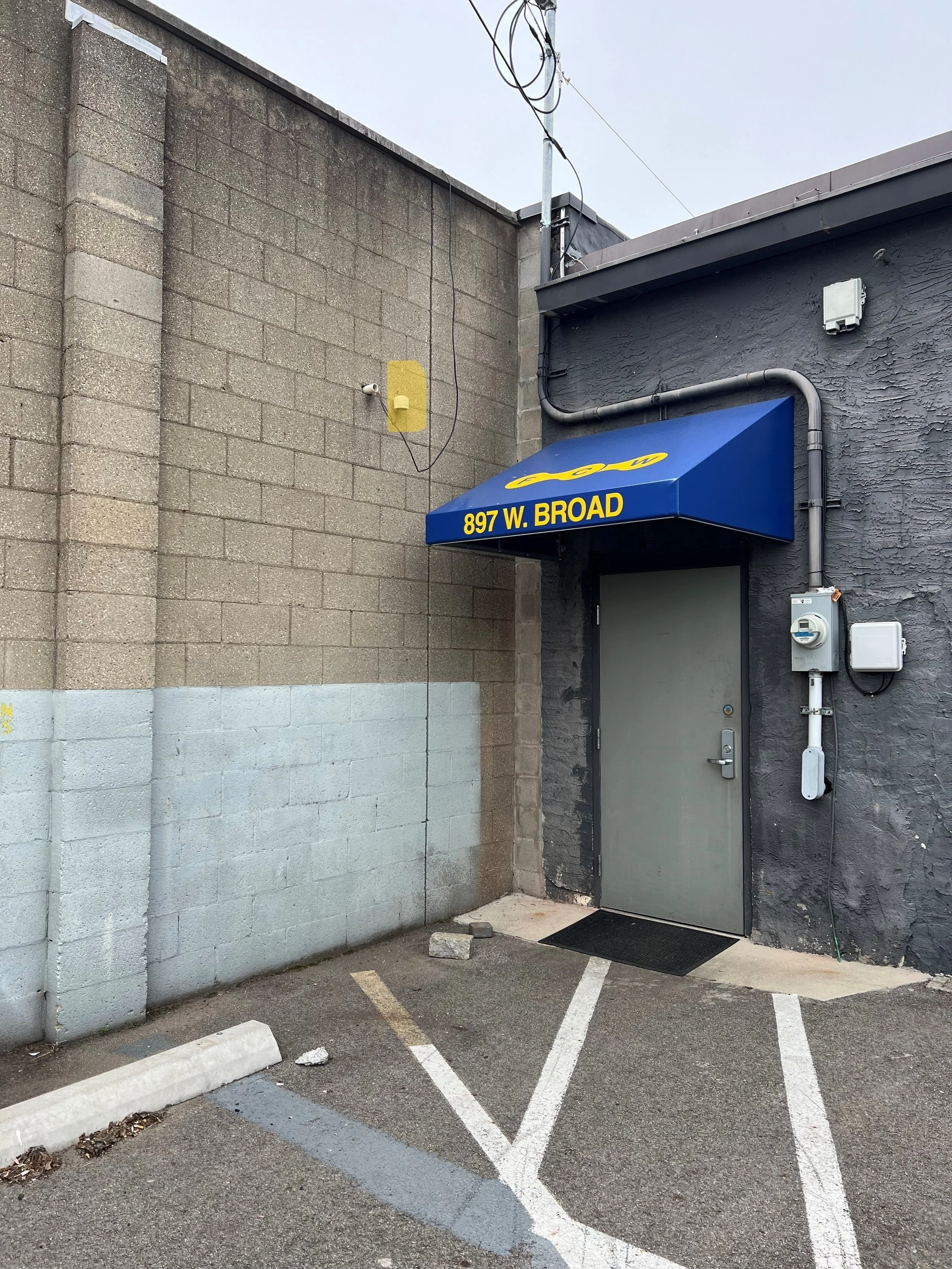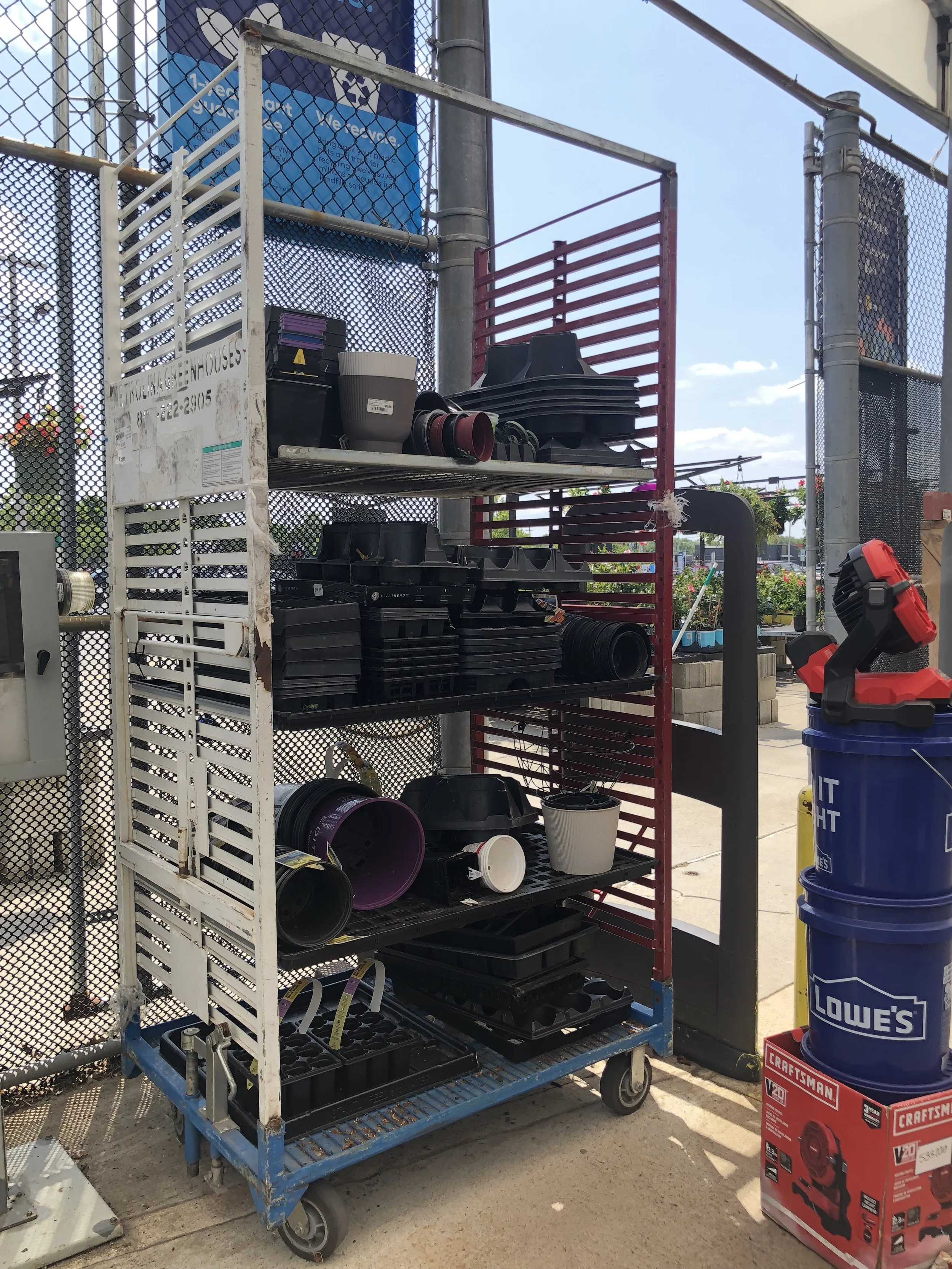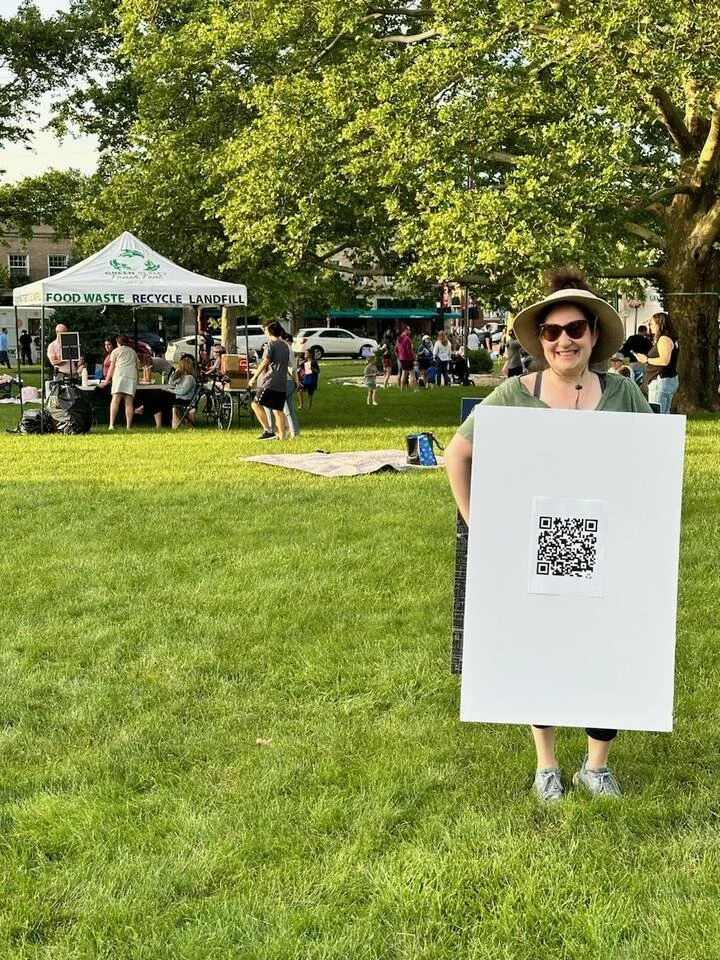Educate residents on waste education, including the ways waste parlay into other areas of sustainability and prioritizing each area with appropriately. Promote waste reduction programs including food waste donation, food waste recycling, reuse, procuring recycled or sustainable products, curbside recycling, and niche recycling, but not at the risk of being detrimental to other areas of sustainability.
Overview: With only 38-42 years of landfill life left, Central Ohio communities are called to reduce contributions to the landfill. It is important that entities within the City of Bexley reduce waste, but not at the cost of other, potentially more impactful, aspects of sustainability.
Expected benefits: climate justice, improved environmental quality, human health benefits,
Environmental impact: ?
Total Financial Cost: Dependant on the implementation and size of program(s)
Other cost to City:
Lead Entity: City of Bexley
Supporting entities: SWACO, Rumpke
Implementation Timeline: ongoing
Other supports:
Indicators of Success: Reduction of waste sent to landfill.
Assumptions:
Mitigation Potential:
Adaptation Potential:
Wider Co-benefits: Supporting regional or state plans, improving education, economic development
JEDI:
General Description:
Recommendation:
Context: The City of Bexley began household curbside recycling in October, 1990. In 2017 the Zero Waste Goal was implemented and the Curbside Food Waste Recycling Program was piloted. Educational programs for household waste reduction include Feet on the Street (2022) and the Save More Than Food campaign (2023).




